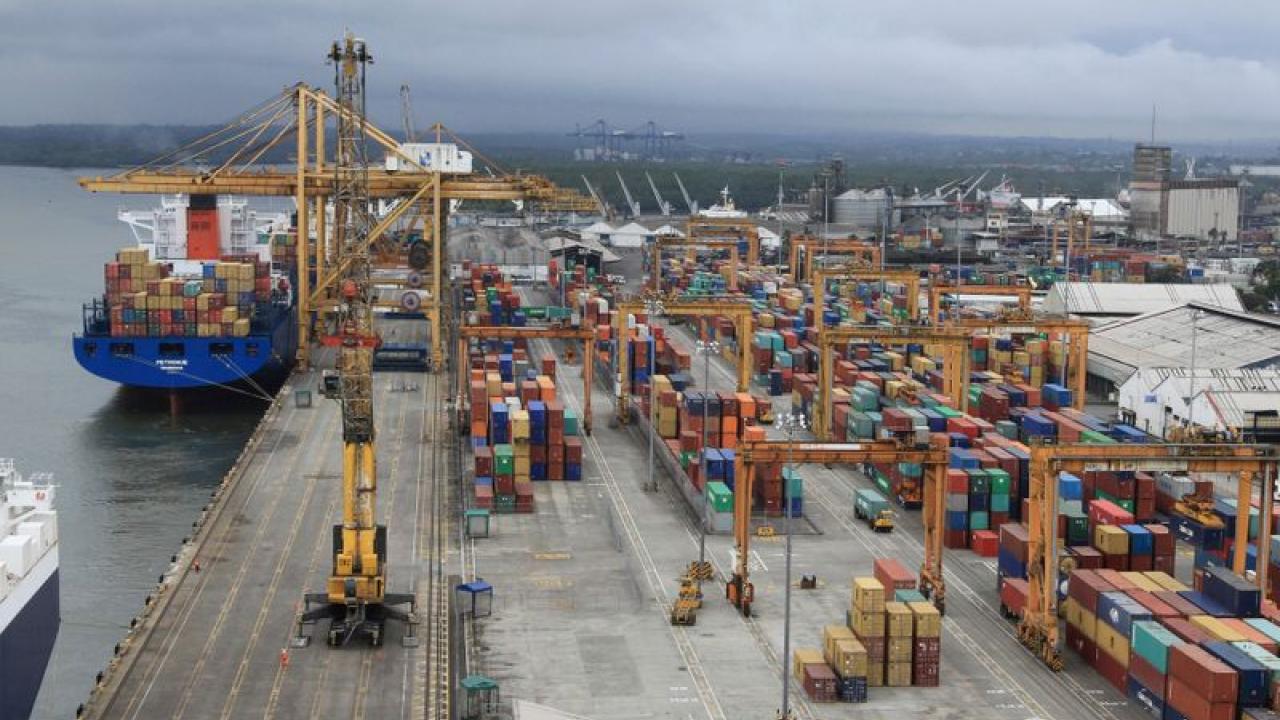
The Colombian-American Chamber of Commerce highlights that the treaty with the United States allows for consensual modifications without risks for foreign investment. Opening a complete renegotiation could negatively impact the economy and bilateral relations.
Colombian President Gustavo Petro's recent proposal to renegotiate Chapter 10 of the Free Trade Agreement (FTA) between his country and the United States has sparked a debate about its implications.
This chapter, which is essential for regulating foreign investments and dispute resolution mechanisms, is considered a cornerstone for the business climate between both nations.
However, the Colombian-American Chamber (AmCham Colombia) stresses that adjusting certain aspects of the treaty does not necessarily require a comprehensive renegotiation process.
The organization explains that trade agreements, such as the FTA with the United States, include specific clauses and procedures that allow for adjustments or amendments agreed upon by the parties.
These mechanisms can address specific concerns without the need to open a full renegotiation process, which could entail diplomatic and economic risks.
“Modifying a treaty of this magnitude is not a unilateral act. Both countries must be willing to discuss and accept the changes, which could include sensitive issues such as investment protection, national security or dispute resolution mechanisms,” says AmCham Colombia.
HOW HAVE IMPORTS MOVED?
According to figures from the National Administrative Department of Statistics (DANE), in September 2024, China continued to be Colombia's main trading partner in terms of imports, representing 26.7% of the total, followed by the United States with 23.7%.
The other countries with significant participation were Brazil (5.5%), Mexico (5.4%), Germany (3.4%), Japan (2.8%) and India (2.4%).
In the case of the United States, trade decreased by 1.1%, from 24.8% in September 2023 to 23.7% in September 2024. This downward trend in trade with the United States has been observed since 2022, when it reached US$ 18,839 million CIF in total; in 2023, it registered US$ 15,997 million CIF, and so far in 2024, US$ 11,991 million CIF.
Although trade in September 2024 (US$1.221 billion CIF) has decreased compared to the previous three years (2022-2024), it is still higher than in the same month between 2015 and 2021, when it did not exceed US$1 billion CIF.
IMPLICATIONS OF A RENEGOTIATION
Opening the door to a comprehensive renegotiation, according to the entity, could have repercussions in several aspects:
- Foreign investments: Changing current provisions, such as “fair and equitable” treatment or protection guarantees, could affect the perception of Colombia as an investment destination.
- Legislative approval in the United States : Any substantial modification to the FTA would need to go through the US Congress, a process that could include lengthy debates and possible additional adjustments to the renegotiated text.
Colombia should also consider that a renegotiation could allow the United States to also make requests for modifications, affecting other sensitive chapters of the agreement.
DIPLOMACY AS A SOLUTION
AmCham Colombia stresses that diplomatic channels are the most viable option to address adjustment needs without compromising trade relations or economic stability.
This could be achieved through the FTA's administrative commission, an organization designed to address the concerns and needs of the signatory countries, always within the legal framework of the agreement and international standards.
HOW DOES A RENEGOTIATION OF THE FTA IMPACT PEOPLE?
Renegotiating the FTA could have mixed effects for ordinary people.
A successful renegotiation that better aligns the treaty with national priorities could foster more equitable and sustainable economic development, benefiting vulnerable sectors and promoting the creation of quality jobs. This could translate into better job opportunities and greater well-being for local communities.
On the other hand, uncertainty and potential conflicts arising from a renegotiation could negatively affect the economy.
The perception of instability could deter foreign investors, reducing investment and, therefore, opportunities for employment and economic growth.
Furthermore, any prolonged disagreement could negatively impact the prices of goods and services, affecting the cost of living for ordinary people.
CONTEXT OF CHAPTER 10
Chapter 10 of the FTA sets out commitments on the promotion and protection of investments. It includes mechanisms to resolve disputes between investors and the State, as well as exceptions related to national security.
While these provisions are critical to ensuring a reliable business environment, the Colombian government has noted that certain aspects need to be reviewed to align them with national priorities.









